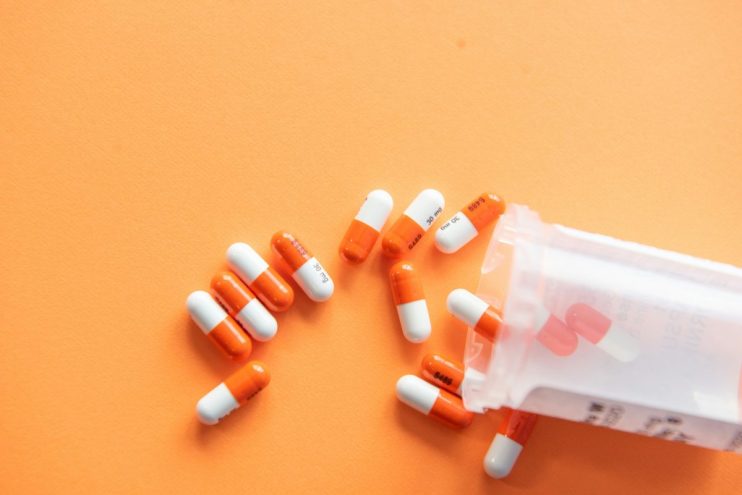‘Local health reforms don’t work’ as a third struggle to access GP, warns expert

Changing local health services by increasing the role of local pharmacies over using a GP has failed to improve patient care, an expert warns.
New official figures from the Office for National Statistics (ONS) cast doubt on the effectiveness of the Government’s new community healthcare plans.
They reveal that 30.9 per cent of patients found it difficult or very difficult to access their GP surgery during January and February. 19.7 per cent of patients who contacted their local practice rated their experience as fairly or very poor.
Dr Avinash Hari Narayanan, clinical lead at London Medical Laboratory, says: “Local medical services are always pushed hard in January and February, but one of the disappointing things to emerge from the latest figures is that changes in the way we access local healthcare are not having a notable impact.
“The results also reveal that 8.5 per cent of people trying to contact their GP failed to make contact entirely and 11.5 per cent took two or more days before they succeeded. Of those, 12 per cent were given appointments over two weeks after contact.
“Disappointingly, only 4.5 per cent of patients were able to book their GP or practice appointment through the NHS App. Clearly, more needs to be done to integrate local practices with this service, which has the potential to transform access.
“More disappointingly still, given the new wider role community pharmacies have been given in diagnosing and prescribing for certain conditions, only 2.6 per cent of patients were recommended to go straight to their pharmacy.
“People need to know that community pharmacies can now speed up treatments and take the pressure off surgeries by directly prescribing medications for certain conditions.”
Local pharmacies can now supply prescription-only treatment, if they believe it’s needed, for the following conditions:
- Sinusitis (for patients aged 12 years and over only)
- Sore throat (aged 5+)
- Earache (aged 1-17 years)
- Infected insect bite (aged 1 year+)
- Impetigo (aged 18 years+)
- Shingles (aged 18 years+)
- Urinary tract infections (women aged 16 to 64)
Dr Narayanan added: “Clearly, more needs to be done to increase the public’s awareness of these new services, thereby alleviating pressure on GP practices. However, we should not be too quick to worry about access to healthcare. While these latest figures look alarming and, indeed, are concerning, 72.5 per cent of determined patients did manage to contact their GP practice on the same day and 64.3 per cent rated their experience as very or fairly good.”